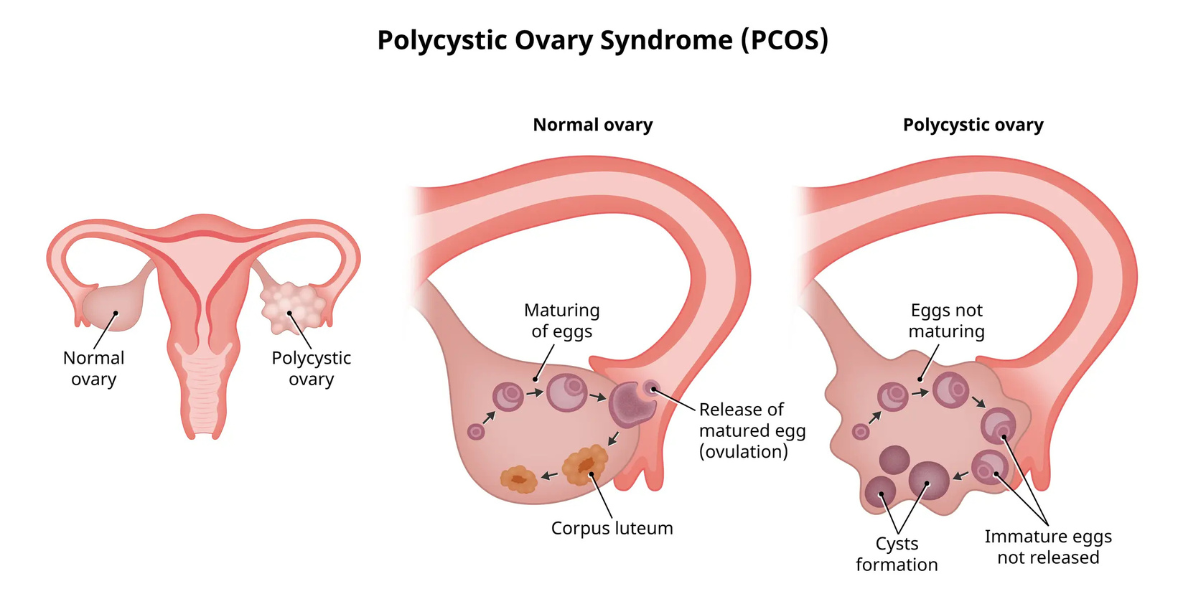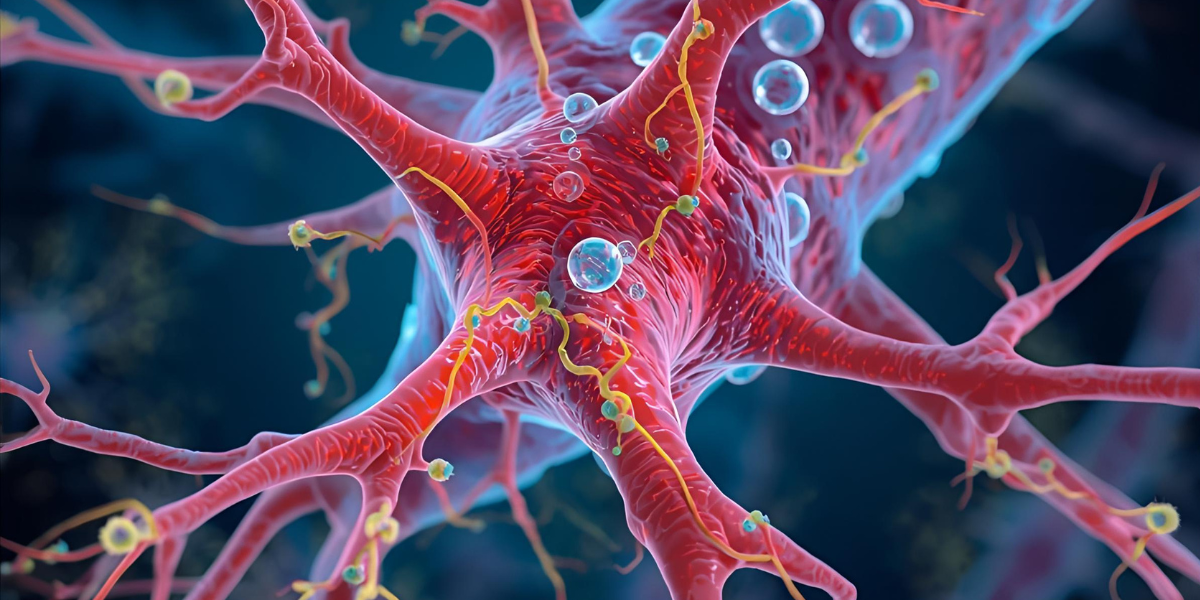
Is PCOS Genetic?
Polycystic Ovary Syndrome (PCOS) is one of the most common hormonal disorders affecting women of reproductive age. It is characterized by a combination of symptoms such as irregular menstrual cycles, excess androgen levels and the presence of multiple cysts on the ovaries. Despite how prevalent it is, PCOS remains a complex condition with no single known cause. One question that often arises is whether PCOS is genetic and the answer lies somewhere in the intersection of heredity and environment.
The Genetic Link in PCOS
Research suggests that genetics does play a role in the development of PCOS. Women who have a mother or sister with PCOS are more likely to develop the condition themselves. This familial pattern indicates that certain genes may influence how the body regulates hormones such as insulin, testosterone, and luteinizing hormone (LH)—all of which are known to be out of balance in PCOS.
Scientists have identified several genes that may contribute to PCOS, but no single “PCOS gene” has been found. Instead, it is believed that multiple genes, each with a small effect, interact with environmental and lifestyle factors to trigger the condition. These genes may affect ovarian function, hormone regulation, insulin metabolism or inflammation pathways in the body.
Hereditary Patterns and Family History
If a close relative has PCOS, your risk of developing it increases, but that doesn’t guarantee you will have it. Similarly, someone without a family history may still be diagnosed with PCOS. This variability suggests that while there is a genetic component, it is not the only determinant.
The Role of Lifestyle and Environment
While genetics set the stage, lifestyle factors can influence how PCOS manifests. Diet, physical activity, stress levels, and exposure to environmental toxins may exacerbate or mitigate symptoms. For example, insulin resistance, a common feature of PCOS, can be worsened by poor eating habits and a sedentary lifestyle even in genetically predisposed individuals. Conversely, healthy habits can help manage the condition effectively, regardless of genetic background.
Conclusion
PCOS does appear to have a genetic component, but it is not solely a hereditary condition. Rather, it is the result of a complex interaction between multiple genes and external factors. If you have a family history of PCOS or related metabolic conditions, it’s wise to monitor your health and discuss any concerns with a healthcare provider. Early intervention and lifestyle adjustments can make a significant difference in managing PCOS and improving long-term health outcomes.






